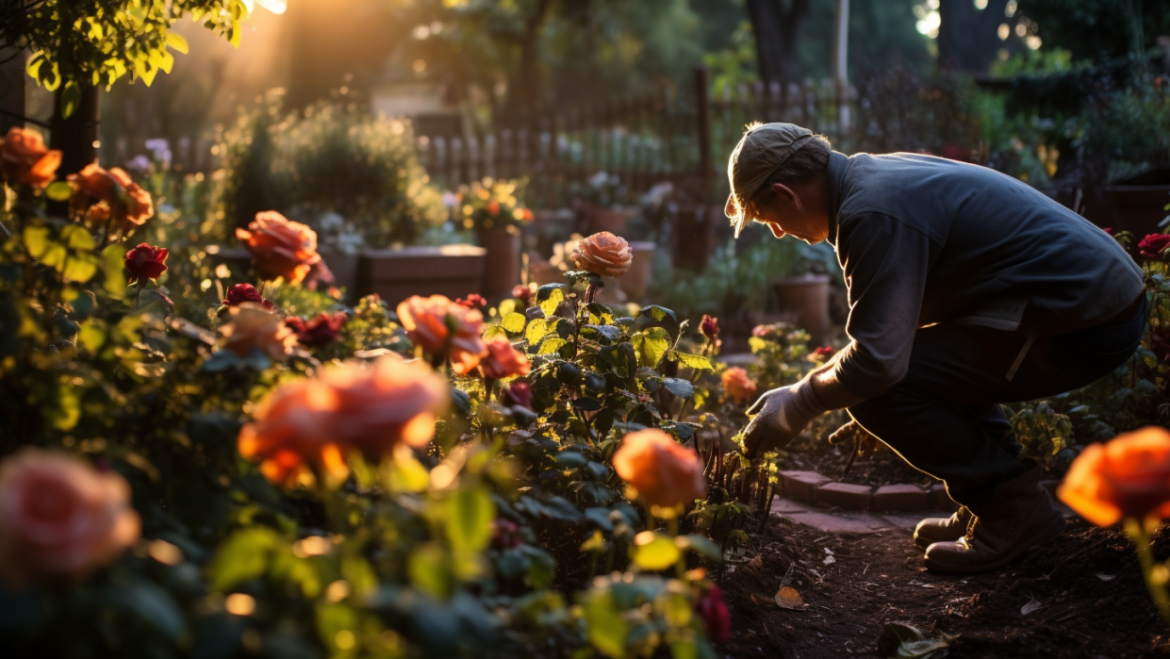Introduction:
The use of used coffee grounds as a natural fertiliser and a repellent for pests has gained popularity in recent years and is now a common practise in many gardens. On the other hand, similar to a lot of other popular fads, it comes with its fair share of misunderstandings. The purpose of this piece is to set the record straight by distinguishing between the myths that have been brewed and the realities that have been established on the role that coffee grounds play in a flourishing garden.
Misconception 1: Coffee Grounds Are an Instant Fertilizer:
The common misconception among gardeners is that used coffee grinds may be used as a quick-fix fertiliser. Although it is true that coffee grounds include necessary nutrients including nitrogen, phosphate, and potassium, these elements are not instantly accessible to plants even if they are present in the grounds. The spent coffee grounds are an organic substance that must first be decomposed by the bacteria that are present in the soil.
To correct this:
Composting used coffee grounds is the best way to make the most of these leftovers. After some time has passed, the addition of coffee grounds to other compostable materials like leaves, fruit peels, and grass clippings will result in the formation of a nutrient-dense compost.
Misconception 2: Coffee Grounds Acidify Soil:
It is a widely held opinion that coffee grounds may greatly increase the level of acidity in the soil, making it an ideal medium for acid-loving plants such as azaleas and blueberries to grow in. However, since the majority of the acidity in coffee is water-soluble, much of it is eliminated when the coffee is brewed.
To correct this:
It's possible that using coffee grinds on their own won't be enough to acidify the soil in your garden. To get the proper pH level in the soil, it is best to use soil acidifiers such as sulphur or aluminium sulphate, being sure to follow any and all directions provided on the container.
Misconception 3: Coffee Grounds Deter All Pests:
Many gardeners scatter used coffee grinds about their plants in the intention of warding off various kinds of pests. The use of coffee grounds may be effective in warding off some pests, such as slugs and snails, but they are not a foolproof method.
To correct this:
Consider including more organic insect deterrents into your gardening practise, such as diatomaceous earth or neem oil, for a more comprehensive answer to the problem of controlling pests.
Misconception 4: Coffee Grounds Are Always Beneficial:
When it comes to anything, moderation is the key. A soil that has been compacted as a result of an excessive application of coffee grounds has decreased aeration and water drainage, both of which are adverse to the development of plants.
To correct this:
To prevent soil from being compacted, use coffee grounds sparingly or combine them with other types of organic matter. It is usually a good practise to test your soil on a regular basis in order to have an understanding of its makeup and requirements.
Conclusion:
When utilised appropriately in your gardening regimen, coffee grinds have the potential to become an invaluable asset. By dispelling these widespread myths, gardeners will have a better understanding of how to make use of coffee grounds to create a flourishing environment in their gardens. When handled appropriately, coffee grounds may make a positive contribution to the growth of a lush and fruitful garden. These grounds can be composted or used into a bigger pest management approach.




Add Comment